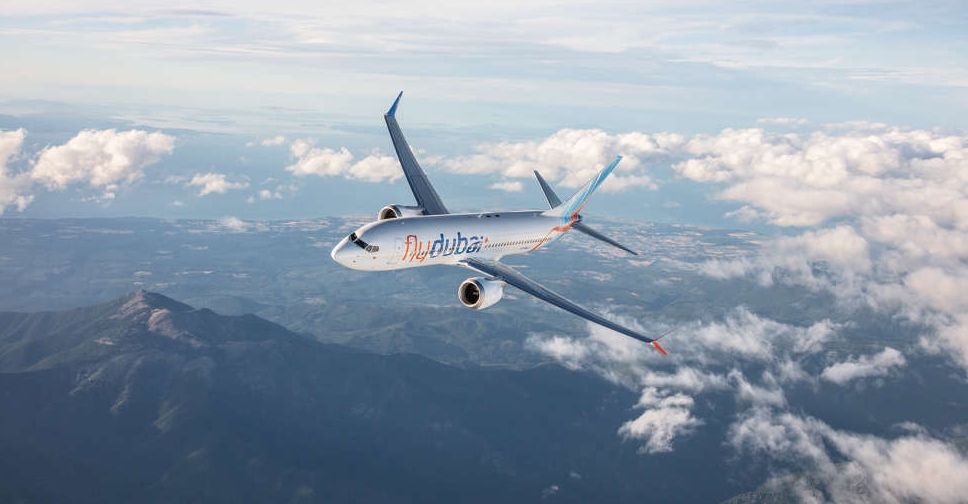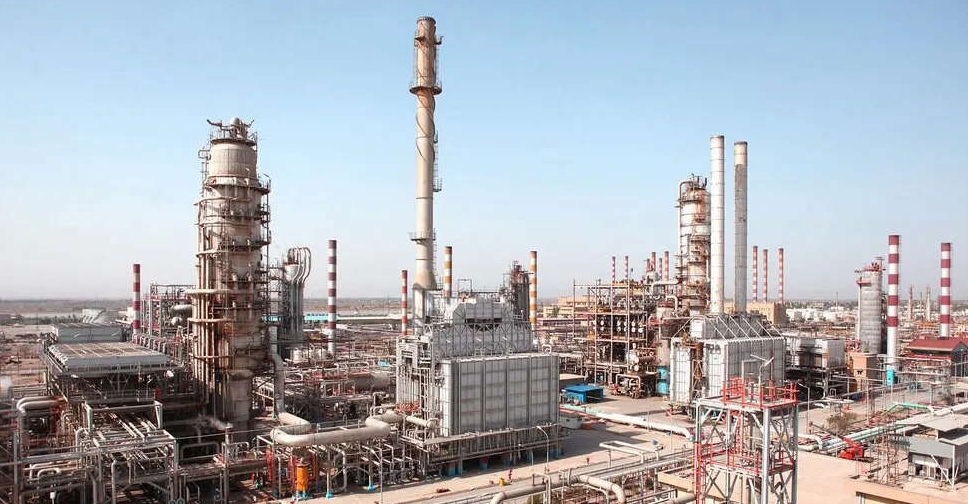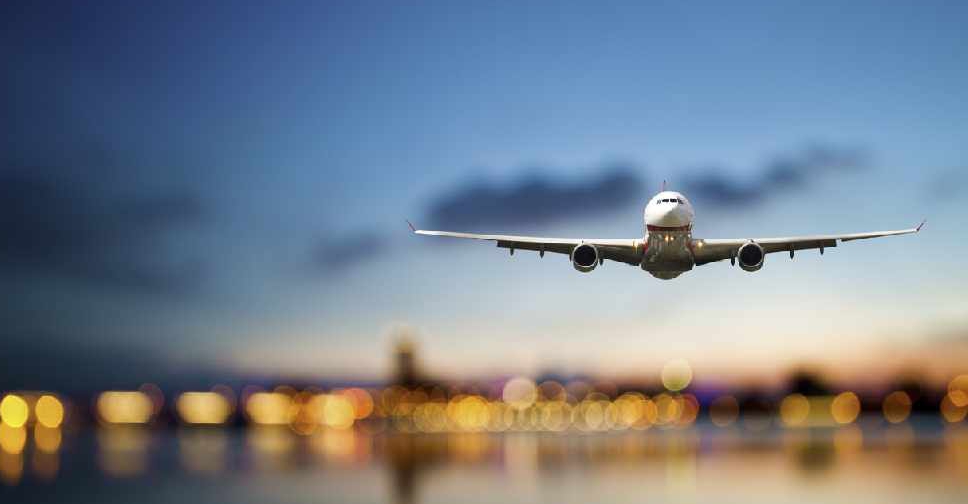
Flydubai has announced that its expansion plans have been significantly impacted by extensive delays in Boeing’s aircraft delivery schedules.
The Dubai-based airline is currently evaluating its route development plans and potential frequency revision across the network due to a lack of new aircraft deliveries over the next few months.
It has urged Boeing to honour and renew its commitment to meet its delivery obligations.
"We are extremely disappointed to learn that Boeing will not be able to fulfil its commitment to deliver more aircraft for the remainder of the year. Boeing’s short-noticed and frequent delivery schedule revisions have hindered our strategic growth plans resulting in significant disruptions to our published schedules. The reduced capacity will ultimately affect our customers as well as our projected financial performance," said Ghaith Al Ghaith, Chief Executive Officer at flydubai.
"Flydubai has always valued its longstanding partnership with Boeing and both airline and the manufacturer have been resilient and agile in tackling challenges over the years. We urge Boeing to take immediate action and implement measures to stabilise its production and delivery processes to avoid further delays while upholding the highest standards. We look forward to a swift resolution of this issue," added Al Ghaith.
The carrier said that the unpredictability of the aircraft delivery schedules from Boeing over the past few years has put significant pressure on the carrier and its ability to firmly plan for its projected growth, especially as it geared up to meet the strong demand for travel after the pandemic.
Flydubai’s plans for this year were initially based on the commitment to receive 14 new aircraft. It continues to explore all possible avenues to mitigate the impact of these delivery delays.
Fewer aircraft delivered annually
Flydubai operates a single fleet-type of 88 Boeing 737 aircraft and includes: 29 Next-Generation Boeing 737-800, 56 Boeing 737 MAX 8 and 3 Boeing 737 MAX 9 aircraft.
Ongoing challenges with Boeing’s delivery schedule resulted in fewer aircraft being delivered every year for the past three years. Multiple revisions of the delivery schedule for 2024 meant that Boeing will not deliver the 14 Boeing 737 MAX aircraft originally scheduled for the year.
The aircraft delivered in the first half of the year were from the backlog of previous years and faced extensive delays. Flydubai has more than 125 Boeing 737 MAX aircraft on order to be delivered over the next decade.
Operational and cost implications of the delivery delays
To mitigate the delays in aircraft deliveries and to meet the surge in demand for travel and add capacity, particularly during peak travel periods, flydubai had to enter Aircraft, Crew, Maintenance and Insurance (ACMI) agreements.
The carrier has also extended the lease on some of the aircraft which were scheduled to be returned to the lessors under its Sale and Leaseback agreements, which has led to the airline incurring further costs.
In addition to these measures, flydubai has invested in an extensive retrofit programme for its fleet of Next-Generation Boeing 737-800 aircraft to ensure a more consistent onboard experience for its passengers and to align the cabin product in the absence of new aircraft joining the fleet for the remainder of the year.
Fewer aircraft being delivered this year has added pressure on flydubai’s fleet utilisation. With six new routes scheduled to launch over the next few months, the airline is currently reviewing its schedule and frequency of operations across its network due to restrictions in aircraft availability.



 Shein, Temu to hike prices under pressure from Trump's trade policies
Shein, Temu to hike prices under pressure from Trump's trade policies
 US issues new sanctions targeting Chinese importers of Iranian oil
US issues new sanctions targeting Chinese importers of Iranian oil
 IATA: Aviation sector contributes $92 billion to UAE economy
IATA: Aviation sector contributes $92 billion to UAE economy
 Nvidia faces $5.5 billion charge as US restricts chip sales to China
Nvidia faces $5.5 billion charge as US restricts chip sales to China
 Chinese exporters on Rednote ask local consumers to buy goods meant for US
Chinese exporters on Rednote ask local consumers to buy goods meant for US







